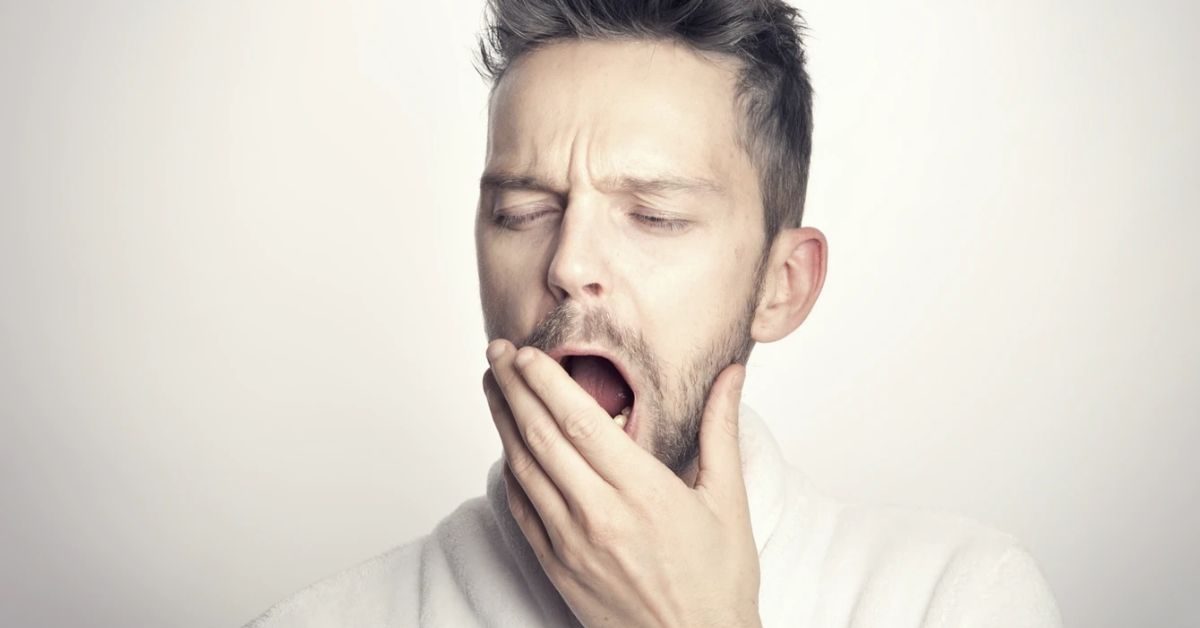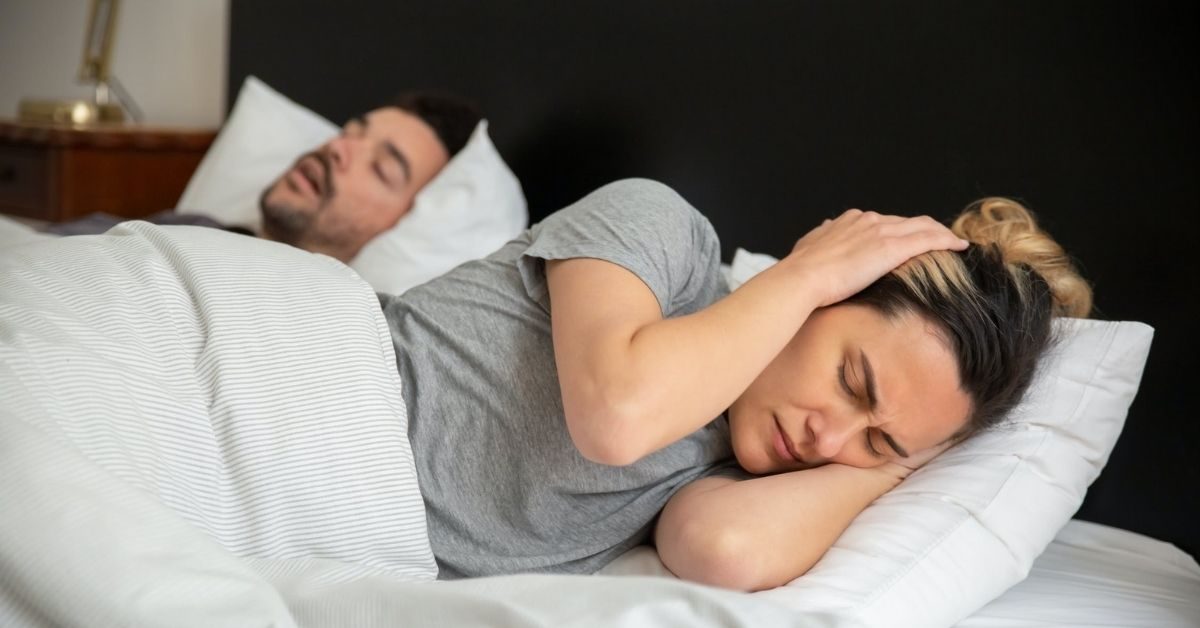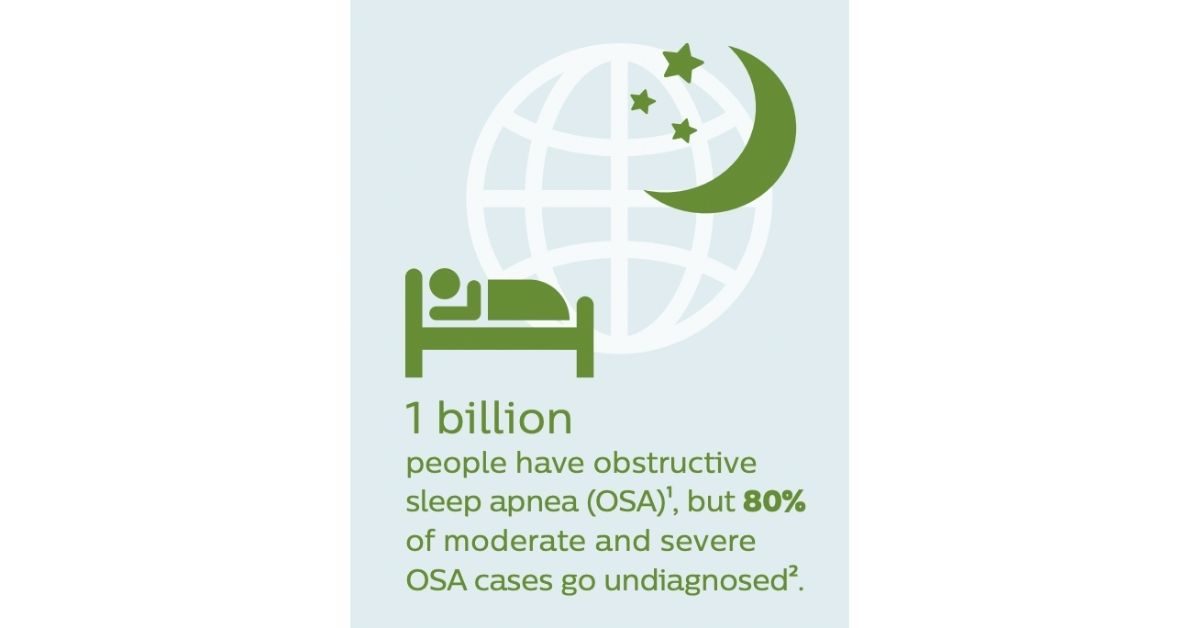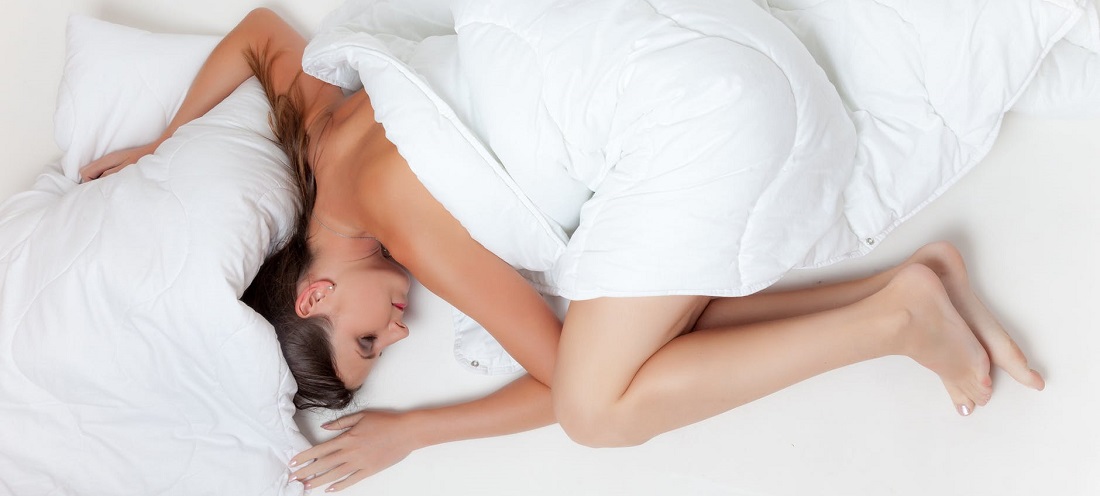Sleep deprivation has become a huge problem all around the world with sleep disorders becoming more prevalent. But what are the most common sleep disorders and how do they manifest themselves?
From insomnia to narcolepsy, sleep disorders have many different effects. If you find yourself sleeping too much or too little, it’s time to consider seeing a doctor.
Several different types of sleep disorders may be affecting your health, work, and relationships.
Read on to learn the five most common sleep problems.
What is a Sleep Disorder?

According to Mayo Clinic, sleep disorders are:
“conditions that result in changes in the way that you sleep.”
This is such a broad definition as there are so many different types of sleep disorders, ranging from chronic insomnia to sleep terrors and sleep paralysis.
In general, sleep disorders cause a lack of sleep or affect your sleep quality. You may struggle to reach the stages of deep sleep or find yourself experiencing insufficient sleep. You could even find yourself battling with daytime sleepiness due to such poor quality sleep every night.
You should consider speaking to a medical professional if you regularly experience any of the common symptoms of sleep disorders such as:
- Sleep deprivation
- Sleep disturbance
- Sleep loss
- Sleep attacks
- Delayed sleep onset
- Changes to your sleep cycle
- A decline in sleep quality
- Excessive sleepiness
- Daytime fatigue
- A reduced sleep duration
- Sleep inertia
- Fluctuating sleep-wake times
If you’re a night owl with a late-night body clock, you may experience some of the symptoms of sleep disorders without much trouble. However, untreated sleep disorders and insufficient sleep can seriously hamper your daily functioning.
Not only that, but short sleep duration, constant sleep disruptions, and poor sleep at night can increase the risk of serious medical conditions, such as heart disease and a heart attack.
Plus, poor sleep quality and disrupted stages of sleep are closely linked with mental health conditions and an increased likelihood of a depressed mood. It’s no wonder then that people with sleep disorders are at a higher risk of substance abuse.
If you feel like you’re getting insufficient sleep, too much sleep, or bad quality sleep, it’s time to seek help. You need 7-9 hours per night, and anything outside of that should be addressed.
Read on to learn which type of sleep disorder may be causing your symptoms.
What Are The Most Common Sleep Disorders? The Top 5.
To find the most effective treatment for your sleep behavior disorder, you need to understand the condition you’re suffering from at sleep time.
Here are the most common types of sleep disorders interrupting your hours of sleep.
1. Sleep Apnea

Has your bed partner ever complained about your heaving snoring? Is your loud snoring enough to wake another person up? While most snoring is simply caused by a vibration of the tissue in the upper airway, it can also be a sign of something more serious. If your snoring is pretty loud, then you may want to get a physical exam. There is a possibility that you have sleep apnea syndrome.
Scarily, a billion people have sleep apnea but 80% of cases go undiagnosed.

Obstructive sleep apnea is a condition that affects your breathing during sleep. You’ll likely be diagnosed with sleep apnea if you experience abnormal breathing throughout the night, usually characterized by your breathing stopping and starting.
Not only can this cause major sleep disruptions, but obstructive sleep apnea can also have serious consequences to your health, and can even result in death.
To be diagnosed with sleep apnea syndrome, you will need to do a sleep study in a lab so you can get an expert opinion.
Sleep apnea is more common in men than women. Not only that, but the symptoms are less pronounced in women.
Importantly, one of the biggest risk factors of sleep apnea is obesity. Around half of the people diagnosed with sleep apnea syndrome admit to being obese.
There are three main kinds of sleep apnea.
The first is obstructive sleep apnea, where the throat muscles relax.
The second is known as central sleep apnea. This one is a little more complex and occurs when your brain isn’t sending the right signals.
The final known form of sleep apnea is complex sleep apnea. This one occurs when someone is diagnosed with both obstructive sleep apnea and central sleep apnea.
There are a few treatments for sleep apnea. Most doctors recommend using a breathing machine at night or a more medically used CPAP device. For patients suffering from obesity (with obstructive sleep apnea as a consequence), doctors often suggest they go to a weight loss and fitness program.
2. Insomnia

Insomnia disorder is one of the most well-known sleep disorders.
It’s characterized by extreme difficulty with falling asleep or staying asleep. There are a few different types of insomnia that result in varying insomnia symptoms. Where sleep onset insomnia makes it hard for you to drift off, sleep maintenance insomnia makes it hard to stay asleep or return to sleep after sleep disturbances. You may also experience early morning awakening insomnia where you wake up far earlier than is normally acceptable.
While the causes of insomnia are unclear, poor sleep habits can exacerbate the condition.
For example, sleep specialists recommend stopping your caffeine intake about six to eight hours before you go to bed and that you reduce your blue light exposure in the evening as these two things can disrupt internal clocks.
There are three main types of insomnia.
The first is acute insomnia, which just lasts over a brief period. Most people will suffer from acute insomnia at some point in their lives.
The next one is chronic insomnia. This is like the previous, except it doesn’t go away.
Finally, there is comorbid insomnia, which is when insomnia is a result of another condition.
If left untreated, all three types of insomnia can result in insufficient sleep syndrome. Insufficient sleep syndrome occurs when you fail to get enough sleep over many nights. It can result in excessive daytime sleepiness and cognitive impairment. It can also lead to other hazards in your life such as risks from drowsy driving when you’re extremely tired.
There are several steps people with insomnia can take before seeing a doctor.
To address your poor sleep habits, you need to look at making lifestyle changes that may be causing sleep deprivation.
The first is to limit caffeine. Maybe go one size down when you get your coffee or cut out your last cup of the day. Make sure you’re not drinking caffeinated beverages at inappropriate times, like drinking a soda before bed.
Next, try limiting late-night blue light usage and exposure to bright lights. Pop on a pair of blue light glasses if you absolutely must use your phone or computer.
To relax in the evening, learn how to make your bedroom better for sleeping and include some bedtime routine ideas into your daily wind-down sessions.
That way, you can relax into a more peaceful night of sleep, keeping some of the symptoms of insomnia at bay by calming the mind and body before bed.
3. Narcolepsy

Narcolepsy is almost the opposite of insomnia.
Rather than having trouble falling asleep at night, those who suffer from narcolepsy have trouble staying awake during the day, regardless of how well they slept the previous day.
Due to the symptoms of narcolepsy, it’s often confused with chronic fatigue syndrome due to the common symptoms. Chronic fatigue syndrome is when a person suffers from extreme tiredness without a medical explanation.
On the other hand, narcolepsy has some very unique residual symptoms that distinguish it from chronic fatigue syndrome.
As a hypersomnolence disorder, people suffering from narcolepsy may experience high bursts of extreme sleepiness. Not only that, but they may also suffer from sudden muscle weakness and drastic loss of muscle, along with a depressed mood and impaired daily functioning.
Unlike chronic fatigue syndrome, narcolepsy is a neurological disorder caused by an autoimmune attack on the brain chemical, hypocretin, which controls your alertness throughout the day. It affects the sleep-wake cycle and circadian rhythms.
Narcolepsy does require a physical exam in a sleep clinic to diagnose.
This condition can be managed with drugs, but there is not currently a cure. Narcolepsy often has an early onset, and starts in children, coming up with them to adulthood.
Narcolepsy itself isn’t deadly, but it can be problematic if the person suffering exhibits dangerous behaviors. This is why many people with narcolepsy don’t drive, for example.
4. Restless leg syndrome or Willis-Ekbom disease

Restless legs syndrome, also known as Willis-Ekbom disease, is exactly what it sounds like. While sitting still, those who are afflicted get the irresistible urge to move their legs.
This is often caused by an uncomfortable sensation in the legs that is temporarily relieved by the movement.
These unpleasant sensations sound annoying enough in the normal working hours of the day, but the worst part is that symptoms of restless legs syndrome are often most intense during the evening or the night. Because of this, many of those who suffer are left staring at their ceiling as their legs refuse to let them sleep.
Restless leg syndrome is one of the few sleep disorders that doesn’t require a lab test to diagnose. It’s a chronic condition that can last for years, if not a person’s entire life. In many cases, restless leg syndrome has merely been a symptom of another issue.
There isn’t currently a cure for restless legs syndrome, but there are treatment options available.
Medications that increase dopamine in the brain have proven to be effective against restless leg syndrome.
There are some natural options too. They involve avoiding caffeinated beverages, avoiding certain medications, getting regular exercise, getting a massage, and taking iron supplements.
5. REM Sleep Behavior Disorder

Do you have night terrors? Sometimes, those sleep terrors in your head get the best of you and make you wake up in a cold sweat. But at least those dreams just stay existent at night, right?
Well, not for everyone. Normally, when you are in REM sleep, your body is pretty much paralyzed. You aren’t moving around a whole lot. But for those who suffer from REM sleep behavior disorder, this isn’t the case.
If you suffer from REM sleep behavior disorder, your entire body acts out the dreams that occur in the rapid eye movement stage of sleep, causing crazy movements during sleep. You may also vocally express your night terrors and kick out in your sleep.
This can cause a host of problems including daytime sleepiness, sore muscles, and other issues. It does have some more serious potential consequences like serious bodily harm.
REM sleep disorder is caused when the neural pathways that keep you paralyzed during rapid eye movement sleep no longer work.
There are a few risk factors. Being a male and/or over 50 can increase your risk. So can certain neurodegenerative disorders such as Parkinson’s or dementia. A link has also been established with certain medications and those who suffer from narcolepsy.
Final Thoughts
If your quality of sleep is severely diminished each night, it’s time to get an expert opinion since you may be suffering from a sleep disorder.
Not only do sleep disorders disrupt your sleep-wake cycle, but they can also lead to severe consequences such as extreme sleepiness, impaired cognitive functioning, and mood disorders.
Remember, there is a whole range of treatments, from better sleep hygiene education to various types of therapy. You can also speak to your doctor about different sleep disorder medications or try these relaxation techniques to sleep easily and peacefully.

Welcome to Snoozerville! I’m Dr. Alex Hartley, your guide to the world of restful sleep. With a Ph.D. in Sleep Science and years of experience as a sleep therapist, I’ve dedicated my life to understanding and improving sleep quality. My passion lies in uncovering the mysteries of sleep and sharing practical, science-backed advice to help you achieve the best rest possible. Beyond my academic pursuits, I’m an advocate for mindfulness and relaxation techniques, which I incorporate into my daily routine. At Snoozerville, I aim to transform your nights, combining the latest research with easy-to-implement tips. Whether you’re a chronic insomniac or just looking to improve your sleep hygiene, join me on this journey towards peaceful, rejuvenating sleep.

